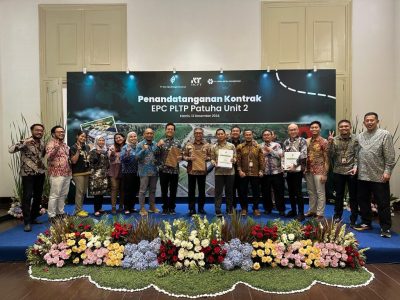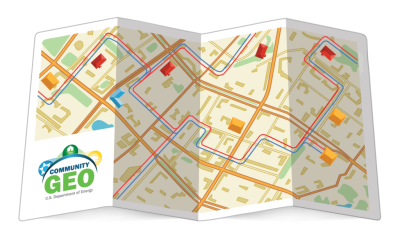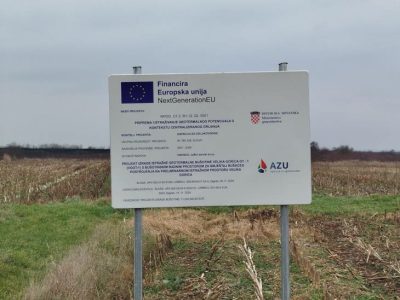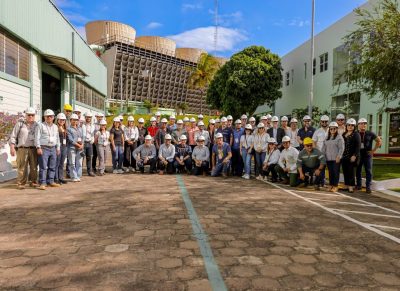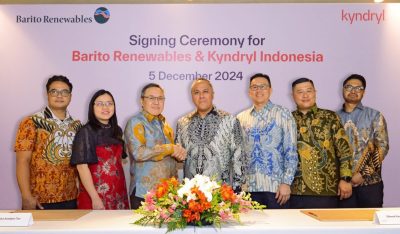Argentina: Copahue project in Neuquen attracting investor interest
The geothermal energy project in Neuquen, in the south of Argentina, will require an initial investment of $60 million, so the companies behind the project Pampa Energia and Grupo Minero Aconcagua Andean Geothermal Corp.
Reported by Green Momentum, “Pampa Energia and Grupo Minero Aconcagua Andean Geothermal Corporation responded to the call for proposals for the geothermal energy project Copahue, in Neuquen (south of Argentina). The call for proposals was for a 30MW geothermal power plant, estimated around $60 million dollars.
The president of Neuquen’s Investment Development and Promotion Agency (ADI for its name in Spanish), Pedro Salvatori, said that “the objective of Neuquen is to be able to take advantage of the natural resources available in the region, specially those that fit right into the new global idea of relying on renewable energy sources.”
The project includes the reactivation of the Regional Geothermal Center of Neuquen (Cregen for its name in Spanish) and the creation of a new geothermal touristic complex in Copahue.
In November, after a proposal for the exploitation of the resource was presented before the mining authorities, the ADI was awarded the rights to exploit the geothermal resources of Copahue, which effectively allows the provincial government to develop the project, including the construction of a new electricity generation plant.
Endogenous steam is considered within the mining code as “first class minerals,” which means that the rights could have been requested and awarded to any company willing and capable of exploiting the resource. The province discovered its availability in 1981, and since then it has invested close to 15 million dollars in securing its exploitation for the region of Copahue. This amount includes all the exploration costs since 1973, as well as the construction of a pilot plant in 1988.
Between 1988 and 1991 the province signed a cooperation agreement with the Japanese agency JICA, which included a feasibility study, both technical and economic, before the construction of the plant”
Source: Green Momentum



